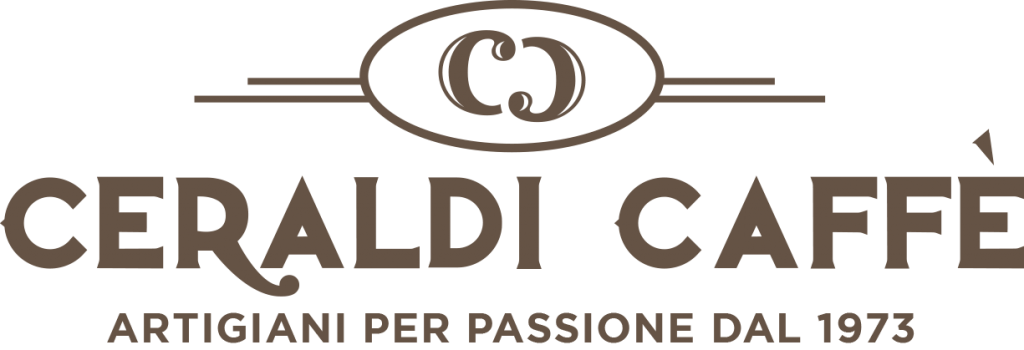Or they could claim that it’s common to drink to relax and say that it’s no big deal. From 2 months to 5 years of abstinence people makeincredible cognitive gains and get very close to a full restoration of normal functioning. By Buddy TBuddy T is a writer and founding member of the Online Al-Anon Outreach Committee https://www.solidarityshorts.org/tips-to-help-reduce-the-impact-of-divorce/ with decades of experience writing about alcoholism. Because he is a member of a support group that stresses the importance of anonymity at the public level, he does not use his photograph or his real name on this website. If you’re involved in a 12-step program, you likely already know the importance of milestones.
Things That Inevitably Happen to Your Personal Life When You Get Sober
The information we provide is not intended to be a substitute for professional medical advice, diagnosis or treatment. It should not be used in place of the advice of your physician or other qualified healthcare providers. Resources such as Lantana Recovery can offer professional help with alcohol use disorder, the urge to drink, or anything related to alcoholism treatment. By utilizing these resources and maintaining a strong support network, individuals can confidently navigate the challenges of recovery and enjoy a fulfilling, sober life. Managing cravings and triggers is a crucial aspect of maintaining sobriety, as they can lead to relapse if not addressed properly.
Alcoholic Recovery Stages
- Not everyone comes from an encouraging and supportive home environment.
- The sooner you take action, the greater the likelihood of maintaining long-term recovery.
- As with anything, the more you work at it and the longer you work, the better you’ll be at avoiding a potential relapse.
- At the end of four to six months of treatment with the Sinclair Method, 80% of people who had been overusing alcohol were either drinking moderately or abstaining entirely.
- But knowledge is power, and to help set expectations, I’ll be sharing some common experiences I’ve seen with my recovery coaching clients, and in my own sobriety journey.
- “I am starting to feel more human. The exhaustion has gone away, and my concentration seems better.”
By this time, people are often beginning to feel better and notice more energy. “Lightheaded, dizzy, no sleep, pale, weak, and it feels like electric shocks shoot through my body every so often. Crazy anxiety.” “The third day sober feels like I’m in a big black hole and under great pressure—hard to breathe, future feels bleak, lost https://internet-law.ru/forum/index.php?topic=752.msg18931 an old trusted friend in alcohol, can’t find an alternative.” “Doing OK. No major symptoms. This is to let folks know that not everyone has severe physical symptoms.” “I quit two days ago and have just had the unfortunate experience of a seizure, as well as many visual and tactile hallucinations. Massive sweats and tremors.”
- Feeling guilty or ashamed of past behavior or actions during active addiction is natural and healthy.
- Cognitive behavioral therapy (CBT) is an important tool for preventing relapses.
- By exploring these alternatives, individuals can confidently navigate social situations and maintain their commitment to a sober life.
- The reality is that many situations can make it hard to reintegrate into normal life without some hiccups and potential for relapse.
‘I’m a Doctor—Here’s How Your Body Changes After a Month Without Alcohol’
“I’m feeling so much better about my life and my actions. I love life without alcohol. Every day that passes, I realize the cravings are fewer and farther between. I’m not so tired all the time.” “I’ve had aches in every joint, and even now, the periodic taste of alcohol in my mouth. It’s the taste of detox, I’m guessing. Already, I’m sleeping better, feeling better, though I’m a little spacey, and my skin already looks healthier.” Almost 8,000 responses were gathered to the question, “What were your toughest withdrawal symptoms and how did you cope?” The comments reveal a wide variety of symptoms and experiences, even within the same days, from days one to 30 and beyond. Instead of drinking alcohol, plan out the non-alcoholic beverages you can order or make instead.
- I’d bet nine out of 10 of us won’t even answer, and we’ll just laugh because it’s such a ridiculous question.
- Financial troubles and problems finding and keeping employment are major triggers for relapse, but it is possible to take baby steps and get your finances in order.
- Prolonged abstinence along with healthy eating and exercise during this stage can also allow people to begin recovery from liver damage.
- This review describes how (or whether) each organ/tissue metabolizes ethanol, as metabolism influences the organ’s degree of injury.
An extended relapse with heavy drinking can put you at risk of alcohol withdrawal symptoms, which can be dangerous. If you’ve experienced an extended relapse, you’ll likely benefit from medical detox, where any withdrawal symptoms are managed under medical supervision. Once your doctors in detox have made a full assessment of your condition, they will be able to recommend whether or not http://www.egyp.ru/news/425.html they think you would benefit from going back to rehab. Likewise, if you have not previously completed alcohol rehab after alcohol detox, you should consider this as a way to increase your chances of long-term sobriety. Having a substance abuse disorder like alcohol use disorder or alcoholism means that you have a chronic health condition, much like diabetes or high blood pressure.

How Can Thoughts & Cravings for Alcohol Lead to a Relapse?





